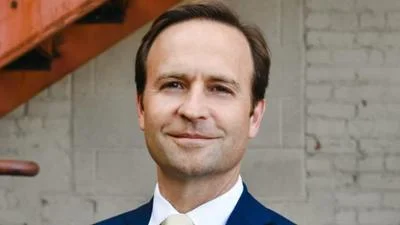Drew Altman, President & CEO of the Kaiser Family Foundation (KFF) | LinkedIn.com
Drew Altman, President & CEO of the Kaiser Family Foundation (KFF) | LinkedIn.com
Kaiser Family Foundation (KFF) has reported that 29.9% of adults in Michigan have experienced symptoms of depression, anxiety, schizophrenia, and mood or personality disorders. This announcement was made in a report published on its website.
According to the report, substance use and mental health concerns have increased during the pandemic. The United States recorded 106,600 drug overdose deaths in 2021, marking a 51% increase since 2019. Opioids were responsible for 75% of these deaths. Suicide remains a significant public health issue, particularly among youth and communities of color, with firearm-related suicides accounting for over half of all such deaths nationally. Despite growing demand for mental health care, access remains limited due to workforce shortages and insurance barriers. However, Michigan has met a higher percentage of mental health provider needs (33.1%) compared to the U.S. average (27.7%), with Medicaid playing a crucial role in coverage for low-income adults with mental illness.
Bridge Michigan reports that the state has closed 77 inpatient psychiatric beds at state-run facilities due to severe staffing shortages, reducing overall bed capacity for the most seriously ill patients by about 10%. The largest reduction occurred at the Kalamazoo facility, where 50 beds were taken offline. The state faces challenges in filling hundreds of critical roles including nurses, care aides, and security assistants.
Michigan’s psychiatric bed shortage is not merely about numbers; it affects access across emergency departments, law enforcement agencies, and families statewide. Robert Sheehan, executive director of the Community Mental Health Association of Michigan, described the situation as "deep and prolonged." He said that there is "a lack of psychiatric beds not only in Lansing but across the state." Sheehan noted that individuals are waiting in emergency rooms and other facilities for hours or days for an inpatient bed to become available. As a result, some patients are transported hundreds of miles or even out-of-state for care.
KFF is identified as a nonprofit, nonpartisan public charity serving as a trusted source for health policy research and information. It operates independently from Kaiser Permanente and is headquartered in San Francisco with an office in Washington D.C., primarily funded by an endowment and support from foundations.






 Alerts Sign-up
Alerts Sign-up